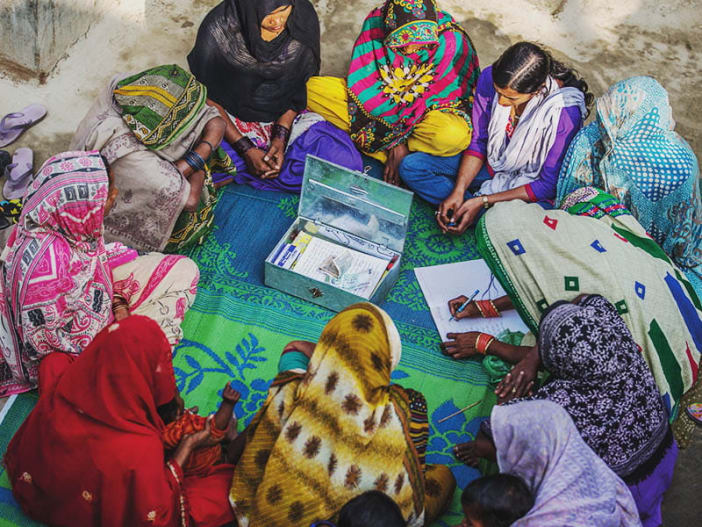A local NGO in one of the Central Asian republics provided training for people wanting to learn how to dry fruit.
The fruit dryer
One training participant shares their experience:
What inspired you to start drying fruit?
We went on a training course run by a local NGO and we saw that drying your own fruit can produce a good result! After the training we began to dry apricots ourselves.
What have the challenges been?
The fruit quickly soured before we were able to dry it. We are still learning how to dry fruit well!
What have been the benefits?
After drying, the fruit can be stored for long periods, which is very useful for living through long winters. Selling dried fruit in the market brings a good income for a family.
Who buys your fruit?
Buyers in the local market and if there is a big harvest of good quality fruit, we can also sell some abroad.
What advice do you have for other people across the world who would like to follow your example?
Start by receiving training on how to dry the fruit well. Keep working hard, use modern technology when you can and believe you will get a good result!
The local NGO
Advice from the trainers:
Fruit drying has risks. Harvests, and therefore prices, can change from year to year. We had problems with pests (such as spiders and worms) and in one case, bad pesticide which poisoned the crop. Severe weather and changes in the climate can also make it hard to predict the availability of the fresh fruit to dry.
It is good to experiment on a small scale before you think about selling to others. You can try different varieties of the fruit you have chosen, to see which makes the best dried product. Not all apricots (or tomatoes or apples) are the same!
Use fruit that is available locally. It is often better to choose crops that are common in your region, which you already know grow well in the soil and climate. Sometimes there is a new type of fruit or vegetable that can be introduced, for example okra is rarely grown in our country but it can be grown very successfully. But while you might want to try this, remember it will take time and money to grow it and people will also need to learn how to prepare and eat it.
Bad quality fresh fruit does not produce good quality dried fruit! This may sound obvious but you need to make sure that you choose good, fresh fruit.
There are many practical questions you need to think about after you have dried the fruit. It needs to be stored in a dark, cool place that must not be humid or the fruit will spoil. You must also protect it from pests.
If you are going to try to sell your fruit commercially, plan well! We went to many shops to ask them if they wanted to stock our apricots. For every 10 shops we visited, only one said yes! You need to think about how your products will get to customers. Ask the questions: ‘Do people want this product?’, ‘What price are they willing to pay?’ and ‘How will I transport the produce to the customers?’









